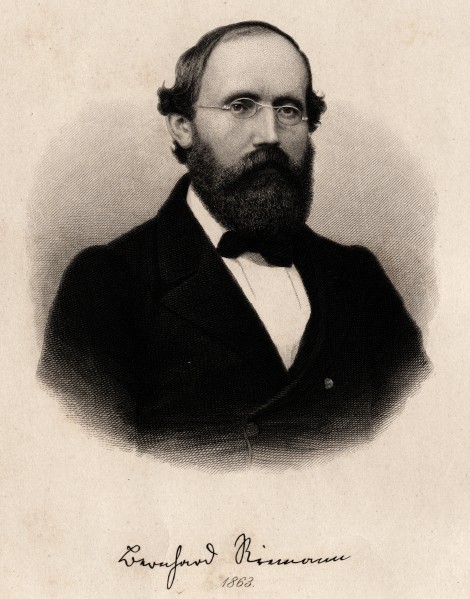Bernard Riemann is one of the most important mathematicians of the nineteenth century. In addition to making fundamental contributions to many areas of mathematics, he also investigates physical problems, in particular those concerning the theory of heat, electricity, and magnetism.
In 1850, he enrols at the mathematical-physical seminar of the University of Göttingen and becomes assistant to the physicist Wilhelm Weber. His habilitation lecture, On the Hypotheses That Lie at the Foundations of Geometry, is of seminal importance for the development of multidimensional non-Euclidean geometry, the mathematical language of the General Theory of Relativity. Additionally, his work on quadratic differential forms, which ensued from the investigation of questions concerning heat conduction, provides fundamental prerequisites for Einstein‘s theory.
 Scene
Scene


 1st Slide
1st Slide
 Branching Point
Branching Point
 Module: Modelle des Kosmos: Der gekruemmte Raum
Module: Modelle des Kosmos: Der gekruemmte Raum Sequence: 0.0. START
Sequence: 0.0. START Branching Point: Curved Spaces
Branching Point: Curved Spaces Slide: Euclidean Surface
Slide: Euclidean Surface

